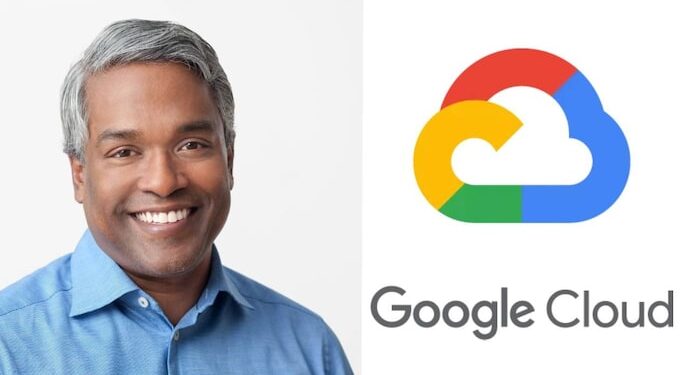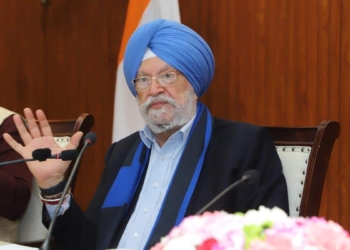Bengaluru: Google Cloud CEO Thomas Kurian has dismissed growing fears that artificial intelligence (AI) will eliminate tech jobs. Instead, he believes AI will empower workers, boost productivity, and open new opportunities across the technology sector.
In an interview with the tech newsletter Big Technology, Kurian said AI should be viewed as an enabler rather than a replacement.
“There is definitely a middle ground,” Kurian said. “AI’s purpose is to enhance human capabilities, not to replace people outright.”
AI Expanding Opportunities, Not Cutting Staff
Kurian cited Google’s Customer Engagement Suite, a set of AI-powered customer service tools launched last year, as an example. Despite initial concerns that automation might cause layoffs, “almost none of our clients have let anyone go,” he said.
Instead, the tools are helping companies manage smaller customer requests that were previously overlooked. “AI is handling tasks that didn’t justify human attention before,” Kurian added, explaining that the technology is enabling businesses to improve service quality and efficiency simultaneously.
Boost in Productivity Among Engineers
Kurian’s comments echo Google CEO Sundar Pichai’s remarks earlier this year. During an appearance on the Lex Fridman Podcast, Pichai revealed that Google’s engineers have seen a 10% productivity increase thanks to AI-assisted tools.
According to Pichai, AI has allowed Google to create additional hours of engineering capacity, leading to faster development and innovation. “Rather than reducing staff, we plan to hire more engineers next year,” Pichai said. “The opportunity space is expanding.”
Data Supports the Optimism
During Alphabet’s latest earnings call, Pichai revealed that over 30% of Google’s new code is now generated with the help of AI, up from 25% last October. He emphasized that AI is not shrinking the workforce but making it more capable and efficient through human–AI collaboration.
A Future of Human–AI Partnership
Kurian concluded that AI should be seen as a powerful assistant rather than a threat. “The future is about humans and AI working together to push boundaries of innovation,” he said.





























